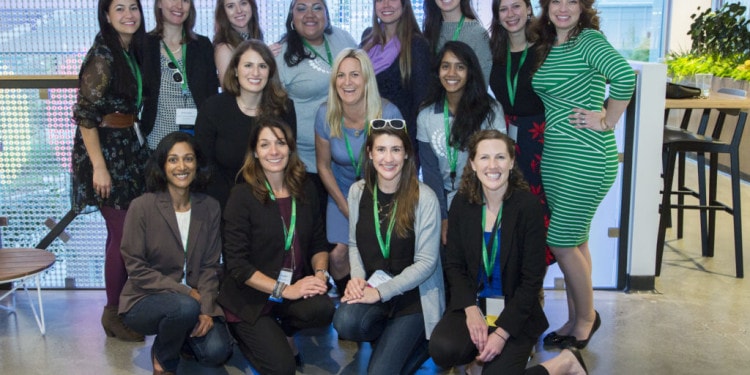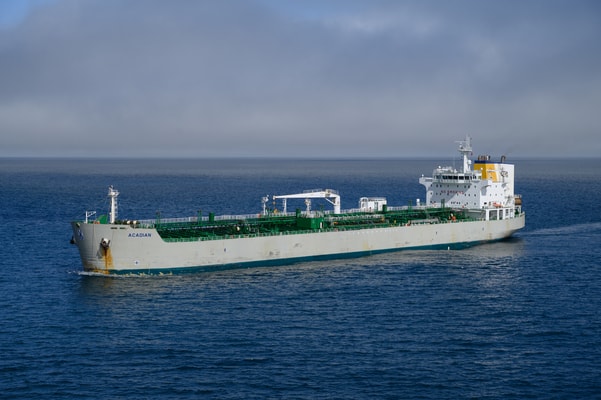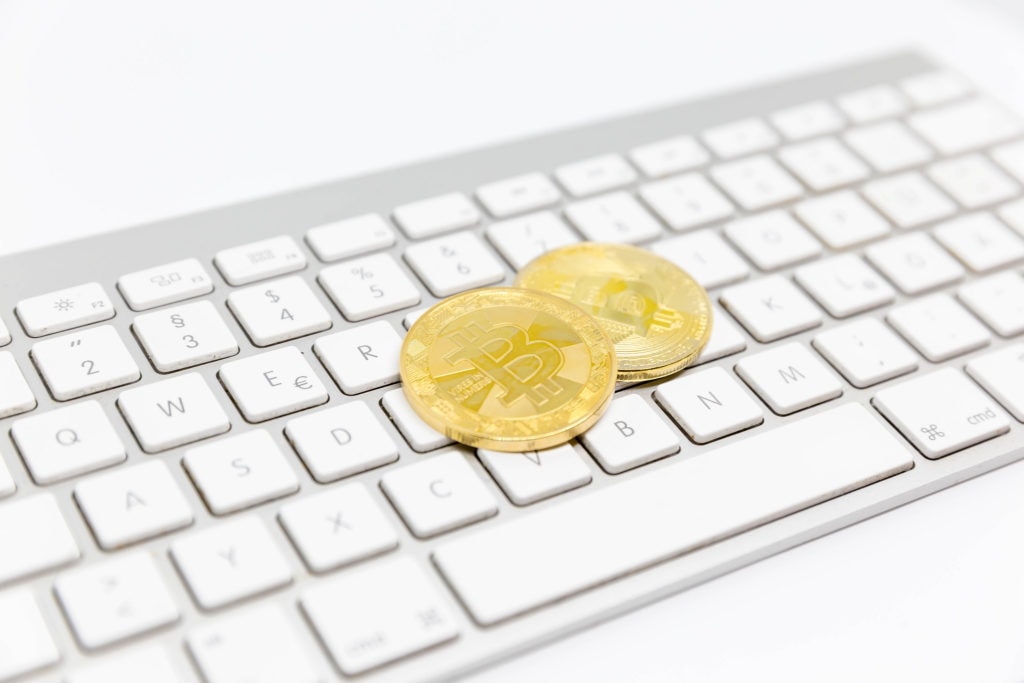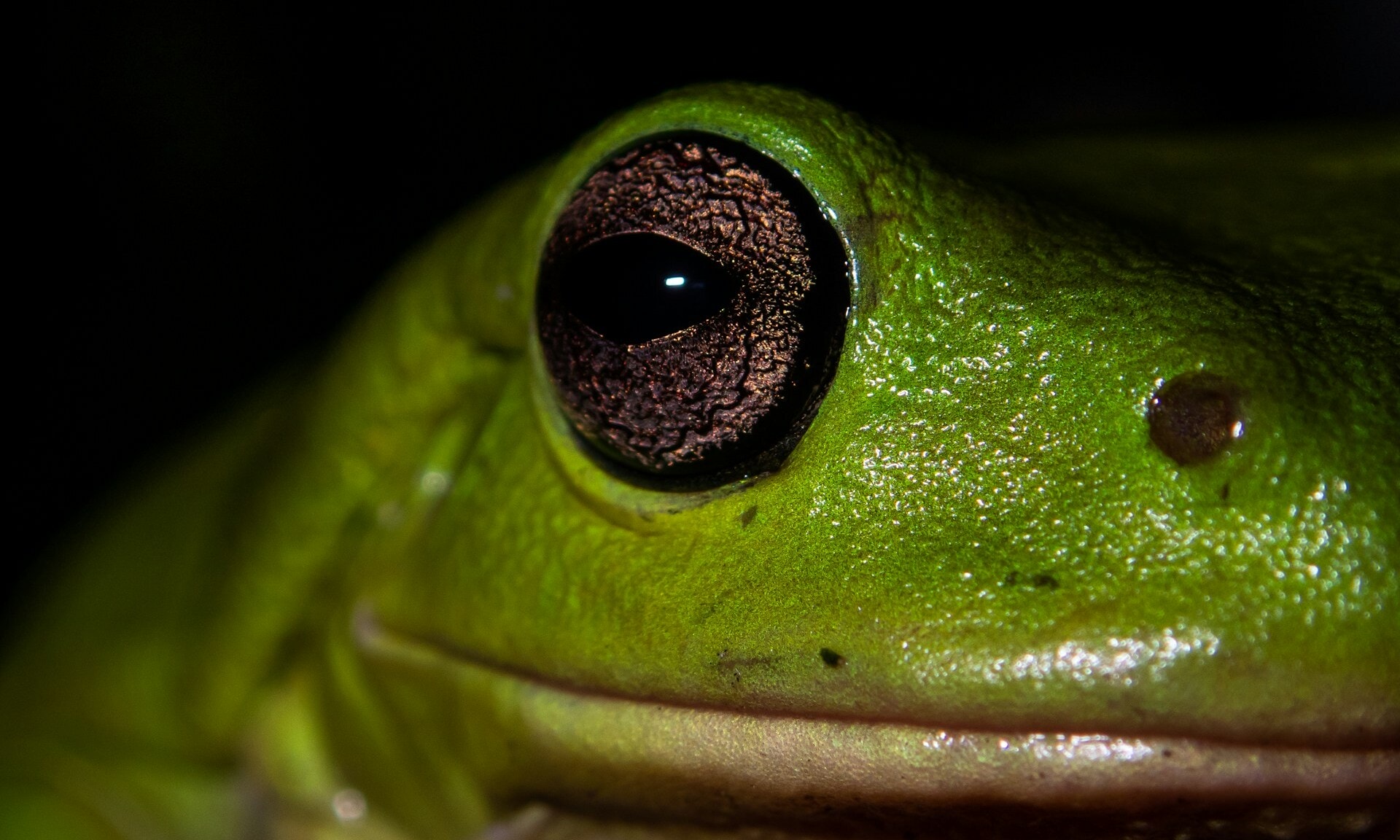Despite women making up half the population of the US, and despite the fact that they constitute a similar percentage of the workforce, men continue to outnumber women in science, technology, engineering, and math roles, also known as STEM. A report by the Economics and Statistics Administration, the division in the US Department of Commerce responsible for reporting on national economic and demographics data, showed that only 24% of STEM roles were held by women as recently as 2015, an imbalance that has existed for years. As a result of this disparity, many women in STEM are left to feel more isolated in the industry, while the achievements of women in STEM are underreported or underappreciated.
One organization that’s working to combat these trends by building community and driving professional development among women in STEM is Women in Cleantech & Sustainability, founded by Lisa Ann Pinkerton 2011. The nonprofit, which works to further the roles and profiles of women working in the green economy, has since grown to nearly 1,000 members, from a wide range of backgrounds and roles, and hosts multiple events and workshops each year. I had the chance to talk with both Lisa Ann Pinkerton as well as fellow board member Vanessa Roscoe to learn more about Women in Cleantech & Sustainability origins, events, and the trends that women in cleantech and STEM face in the industry.
How did Women in Cleantech & Sustainability originally get started?
Lisa Ann Pinkerton: It got started back in 2011. At that time, I had started my own PR/marketing firm, a small boutique agency called Technica Communications, and I was going to a lot of local cleantech events. These were things like mixers, panels, and full-day events. Invariably I would be one of five women in the room, and we would naturally gravitate towards each other. The men that I would meet at these events would either automatically assume I was someone’s assistant or I was right out of college, but not that I was a business owner. And every single time they’d have this reaction of “really, you run your own business? That’s really interesting.” I remember thinking to myself “would it be really interesting if I was a man? No, it feels unusual to you because I’m a woman.”
At the same time, I was going to a lot of women in business events, just to sharpen my skills as a business owner, and the experience I would have at these events would be completely different from what I’d experience at co-ed cleantech events. I started recognizing very quickly that I found them a lot more enjoyable, and I noticed that networking was a lot easier too.
I realized that I wanted to bring together these two worlds together, both the fun and sisterhood I was experiencing with the women entrepreneurs as well as the cleantech and sustainability focus. That’s why I created Women in Cleantech and Sustainability, and I started the meetups as informal gatherings once a month. We started out with ten people showing up to an event, and after a couple of years we’re up to fifty people per event. Our big flagship event is WCS Talks, a set of TED-style talks hosted by Google, and that brings in 300 people. So we’ve grown pretty fast.
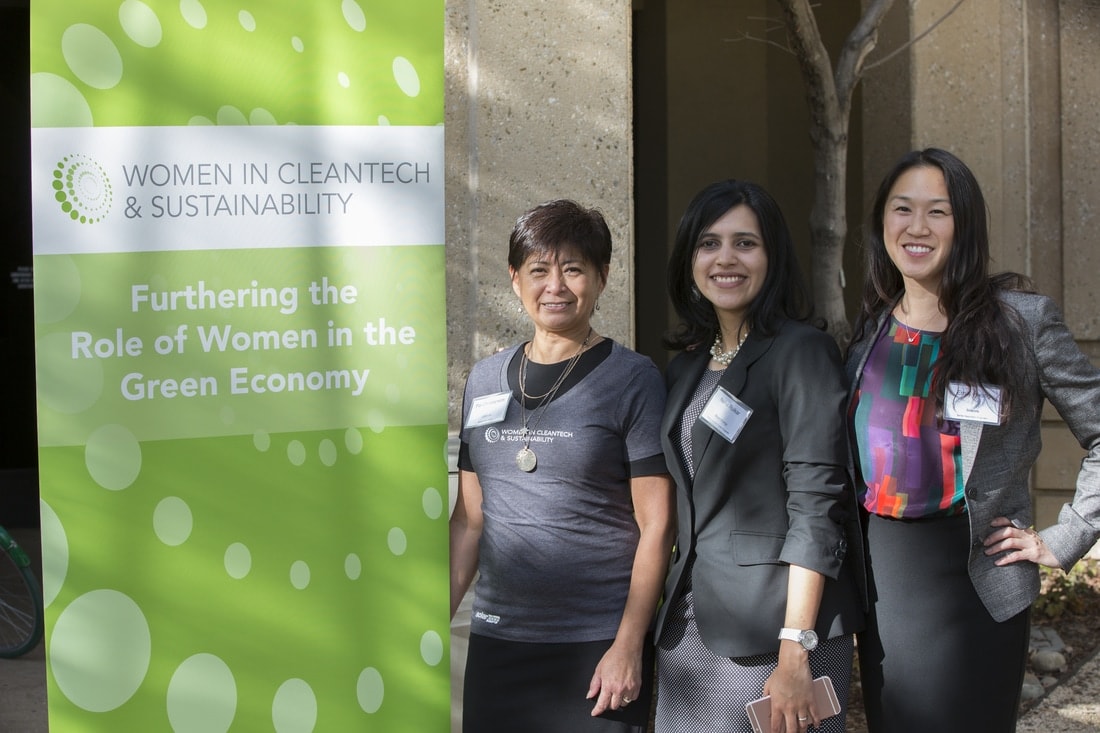
In the Photo: Women in Cleantech and Sustainability board members. Photo Credit: Women in Cleantech & Sustainability
What do you think drives these persistent assumptions about women in business?
LAP: When people are not encountering a certain type of person, like a female business owner, when they do meet one it just seems really unusual, because they’re just not accustomed to it. It should be noted that at the time I was also very young, around 33 years old. But I probably looked 25. I started wearing blazers to events just so men would have some kind of signal that I was of a certain stature. We assume men will run and start businesses, but we don’t necessarily assume women will do that. So when you meet one of these people it’s just unusual, and suddenly you’re a very “interesting” person.
That’s one of the reasons why I wanted to start Women in Cleantech & Sustainability. I wanted to bring into view and make visible all the women in this industry that are very active. The roles that women often hold tend to be more support roles, and not sales, business development, or executive roles where companies send those people to events as a business building activity. It becomes more difficult if you’re a project manager or if you’re running a team of some kind to get permission from your employer to go to an event, since it’s not your job to get sales. So by design, many of the women that are in this space are invisible in the normal course of business in terms of events. That’s why we wanted to have a group that really brings to light and illuminates all the great women and they work that they’re doing.
What kinds of events does Women in Cleantech & Sustainability host?
LAP: We tend to break our events out into multiple categories. One is educational events, like panels, where the focus is to make sure that we have at least a 50-50 split gender-wise on our panel, if not more women. We do four panels a year, once every quarter. We’re doing a blockchain event next month for example.
We also have personal development events. For example, next month we’re having a speaker come in to talk about how to have a killer job interview. That’s very much focused on career development. We have another event about negotiation happening in October as well.
We also tend to have mixers/happy hours, where we’ll partner with other organizations in the region and help grow each other’s lists and grow each other’s exposure. We’re doing one for Intersolar North America, we’ve done this every year for the past four years the Monday before Intersolar in San Francisco.
Furthermore, we have a mentorship program that we run, which has four cohorts. A cohort lasts for six months, and they’ll do four events within those six months. At the end of the year we always have a potluck, which people love, and of course we have WCS Talks in November.
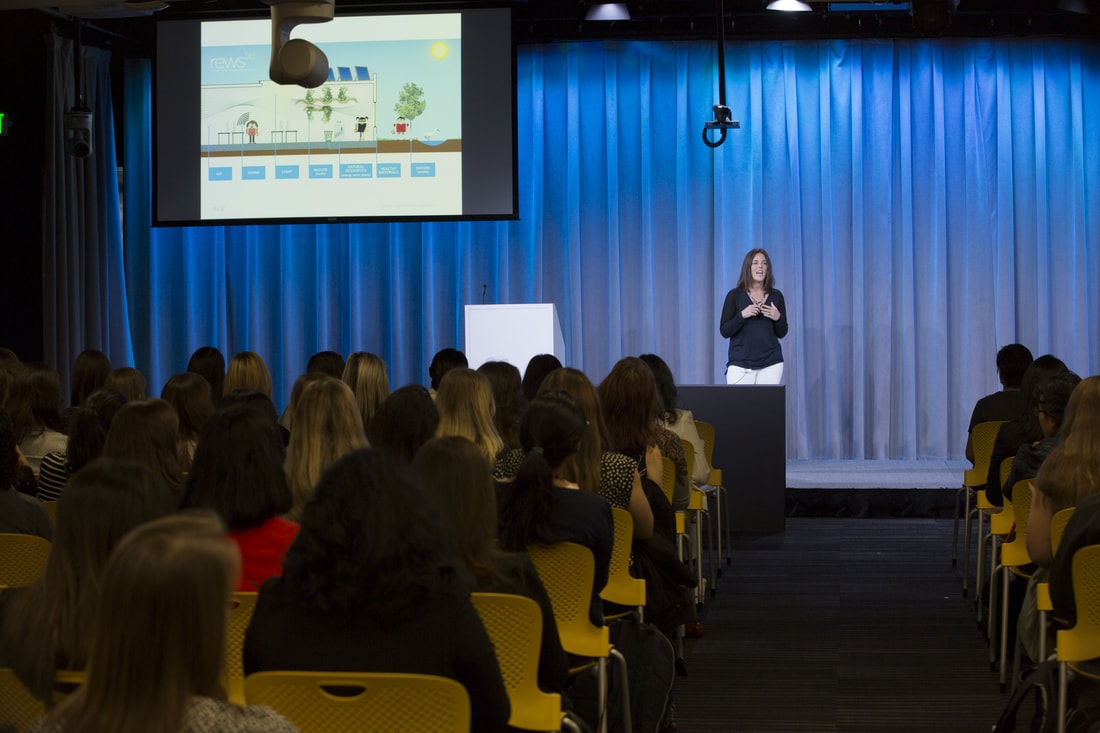
In the Photo: A Women in Cleantech & Sustainability event. Photo Credit: Women in Cleantech & Sustainability
What kinds of challenges have you encountered in your efforts to further the role of women in the green economy?
LAP: When companies think about their competitors, there’s always the “do-nothing” approach, which is always a competitor. For our organization, the hardest thing we face is probably this sense that until you come to an event and experience the community that we’re building and how inspiring it can be, just to meet other people who are going through similar things you’re going through, it’s hard to understand how beneficial that can be. We have people who stay on our lists for years before they finally come to an event. It’s usually because it’s the perfect combination of their schedule and interest in the topic. A lot of things have to come together for people to attend our events.
Women are really accustomed to being alone at the table and being very lonely in our industry, so we might not understand how beneficial it is to be networking with other women who are like us and are building that community. Even if you don’t have a goal that you’re going after, you might not understand how beneficial going to a networking event might be. Until you start building your network and engaging with community, those new opportunities can’t come to you.
Vanesa Roscoe: Building on what Lisa Ann said, one of the challenges is where do we start the communication with our peers. For example, women across the industry have always made less money when it comes to salary compared to men, and I think women sometimes look at that and say, “there’s nothing we can do.” But really it’s about creating the conversation with your peers, sharing struggles, sharing best practices. It really begins there, and I think it’s all about just starting the conversation and getting people to recognize that’s the first step.
We’re also a very welcoming community. We welcome diverse perspectives, women and men from across the spectrum of where they are career-wise. I think that’s a big part of what has made us successful to date. When people are looking for those opportunities that exist outside of work, they are looking for something where they can find a diversity of perspectives, but until you find that you don’t really know what it is that you’re looking for.
What future hopes do you have for Women in Cleantech & Sustainability?
LAP: I know a lot people would like us to expand Women in Cleantech & Sustainability across the country, and I would love to do that as well. It’s simply a matter of having the resources to do that. Right now we’re a completely volunteer organization. The short-term goal is to get ourselves to a place where we can support the operations of the organization on a more professional level, like compensating people for the work that they’re doing rather than depending on volunteers. That’s definitely a short-term goal.
We’d also like to start doing female pitch competitions, we’re going to do one of those this year. We’re also looking into putting together an awards program to honor the women in the space more directly. And then there’s branching out and having events that people can go to regionally, starting in places like New York, LA, Seattle, Portland and moving to where the interest is.


